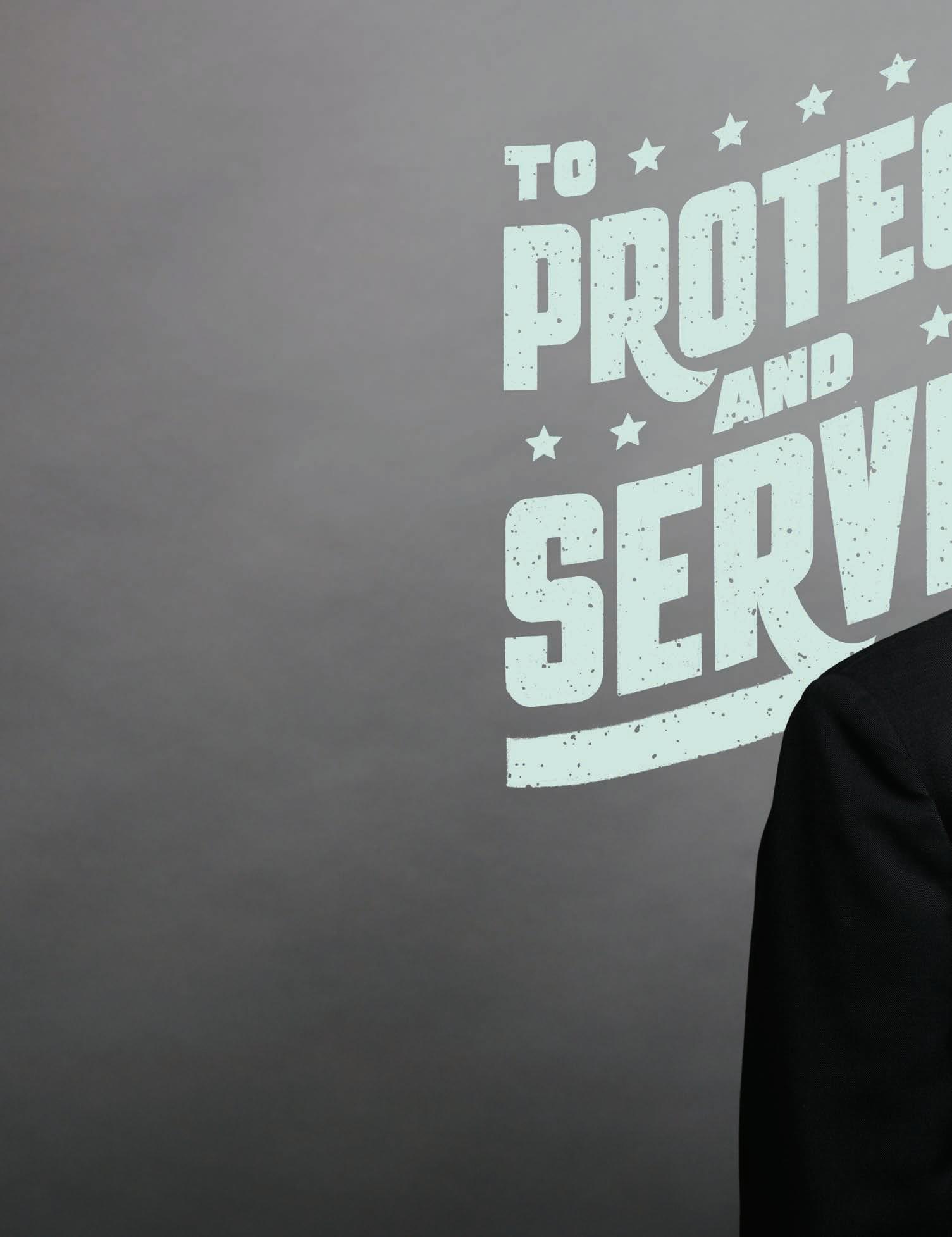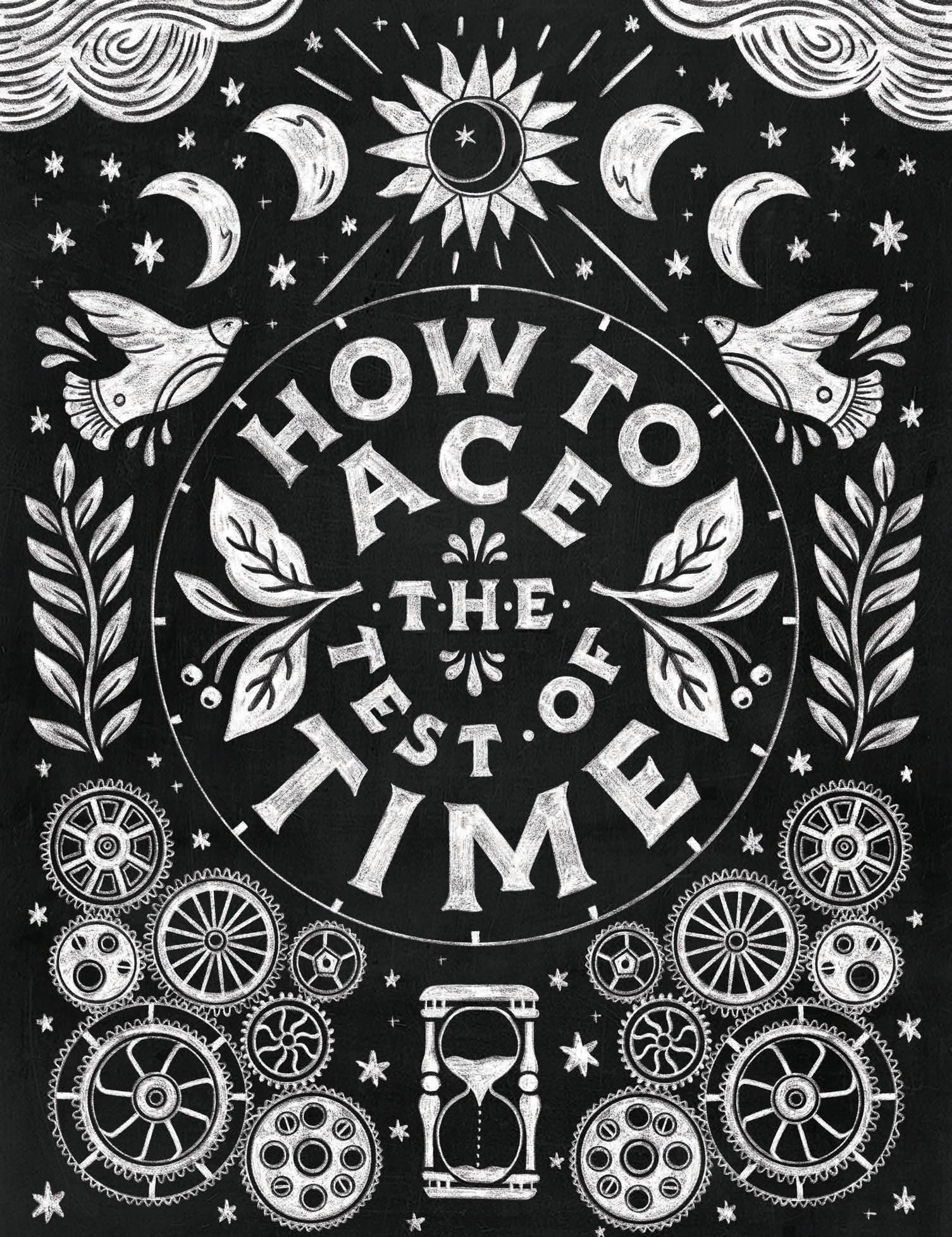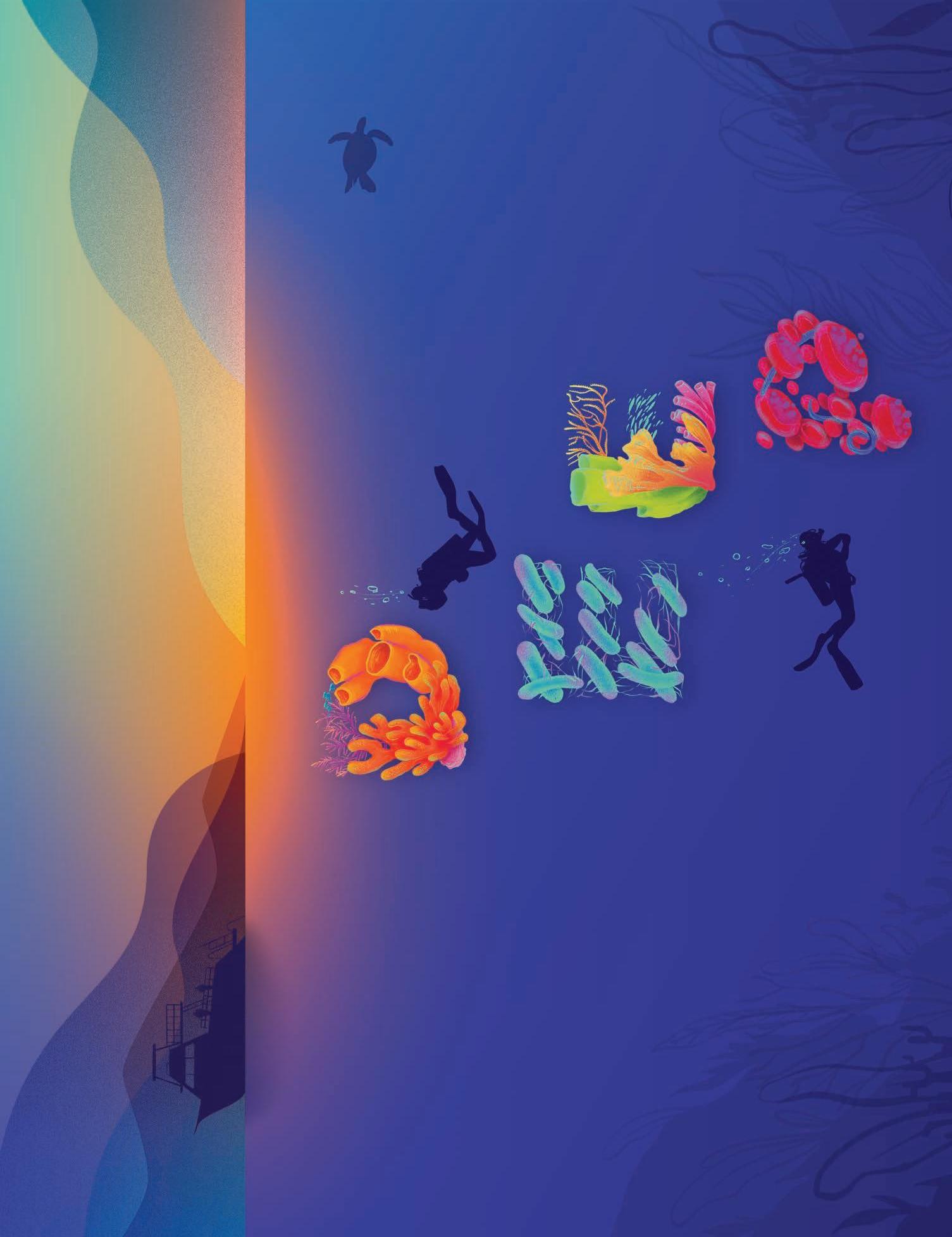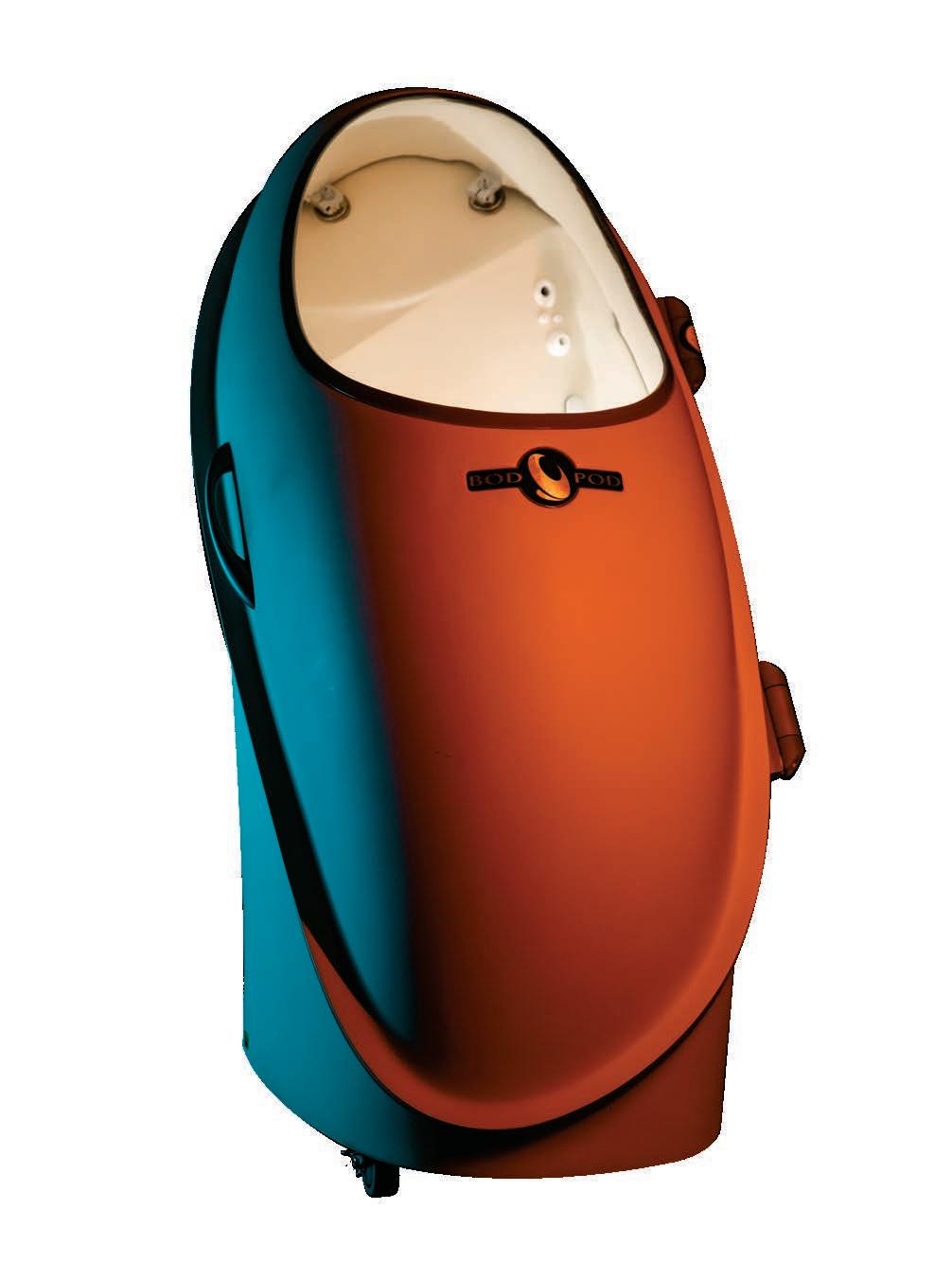Briefs RESEARCH HIGHLIGHTS
SOLAR POWERHOUSE The U.S. Department of Energy’s Solar Energy Technologies Office awarded UCF researchers $9.64 million for four solar projects — the most of any university in 2020. The projects range from securing our nation’s power grids to optimizing solar energy. UCF is increasing its leadership in solar research, having received 14 awards from the DOE since 2011 to pursue solar research and development.
“We are committed to advancing the rapid transition to a sustainable energy economy and collaborating with key partners. UCF ‘walks the talk’ by the university’s commitment to being climate neutral by 2050.” — James Fenton, director of the FSEC Energy Research Center
Awarded to UCF from the National Science Foundation to provide cybersecurity scholarships to undergraduate and graduate students. UCF was one of six universities nationwide to receive a grant and will join NSF’s 78 current CyberCorps Scholarship for Service universities.
Moon dust poses a unique danger both to astronauts and their equipment during lunar missions, by coating and clinging to everything. A team of UCF students, led by Professor of Chemistry Lei Zhai, was one of seven teams from universities across the nation selected to help tackle this dirty problem as winners of NASA’s Breakthrough, Innovative, and Game-changing (BIG) Idea Challenge. Collaborating with Morphotonics, the team will design a new type of material that will cover the exterior of spacesuits, thus making it easier to remove and prevent moon dust from entering lunar habitats.
12 | SPRING 2021
Lithium-ion batteries power everything from cell phones to electric cars but are fire-prone and contain toxic materials that can leak and contaminate soil and groundwater. To combat this, UCF researchers partnered with researchers from the University of Houston, Pacific Northwest National Laboratory, Oregon State University and Argonne National Laboratory to develop a new battery using seawater that’s safer for both humans and the environment.
“That’s what big data analytics can solve. If you dig deeper through seemingly messy data, you can find some truths.” — Shunpu Zhang, professor and chair of statistics and data science, on helping to develop data-driven AI systems to predict COVID-19 infection rates and prescribe intervention plans. He is part of one of two UCF teams that advanced to Phase 2 of the Pandemic Response Challenge and are competing against 48 other teams from 17 countries.














